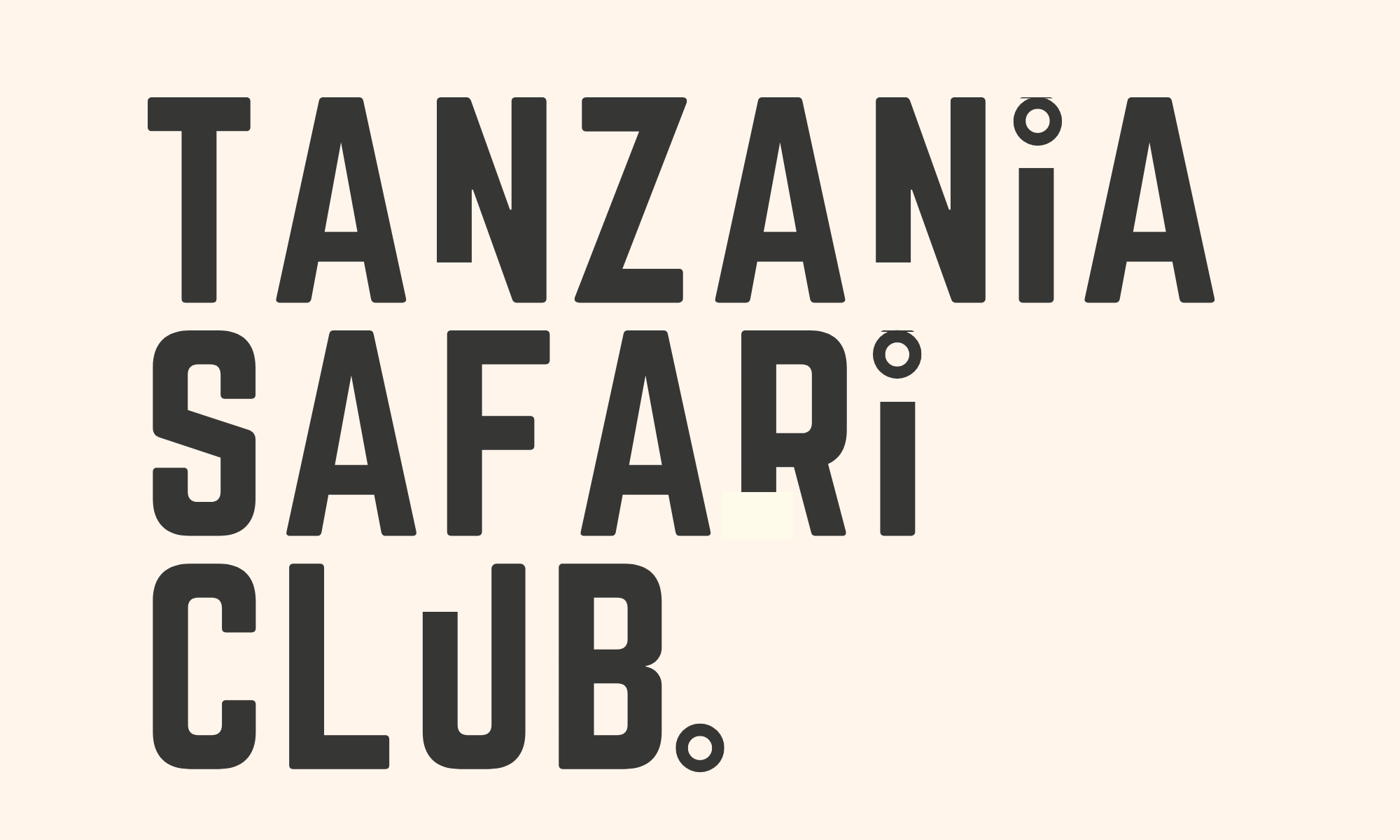Zanzibar
Zanzibar is an archipelago of stunning islands off the coast of Tanganyika (Tanzanian mainland). The most popular island is Unguja. It’s world famous for it’s stunning beaches, wildlife & vibrant Swahili culture.
Sun, sea, wildlife & sublime beauty.
It is Zanzibar’s beaches that catch most travellers’ eye. While you could spend days, and days, gazing into the turquoise paradise, the Zanzibar coastline has som much more to offer.
Sun Soaked recovery
Think of an idillic beach. The warm, soft white sand for as far as your eyes can see. Blue water so clear you can see the fish by your feet, warm like a bath and bluer than the sky. Distant fishermen on wooden dhouw’s floating past hollering.
That is Zanzibar.
Coral reef swimming
The ocean surrounding the spice islands are some of the most coral rich on earth. With a huge variety of wildlife, and perfect pristine conditions, the coastline of Zanzibar is the pinnacle snorkelling destination.
Boat Tours
The surrounding coastline of Zanzibar is spectacular. With high coral reefs, dolphins, whale-sharks and endless sun, the sea is the best place to be.
There are plenty of boat tours to explore the smaller islands, see wild-life or the famous glowing Zanzibari sunset.
Tour the spice island
Zanzibar are named the ‘Spice Islands’ by many. It is a nod to the colonial past as a trading port, and the islands many spice plantations.
There are several locations to tour the spice farms, purchase an abundance of premium spices to bring home and learn about the history of the island at once.
Giant Turtles
A standout for many people is the Islands population of Giant turtles. Some of the adults are as up to 150 years old.
While on the Island, this is an opportunity you should not miss.
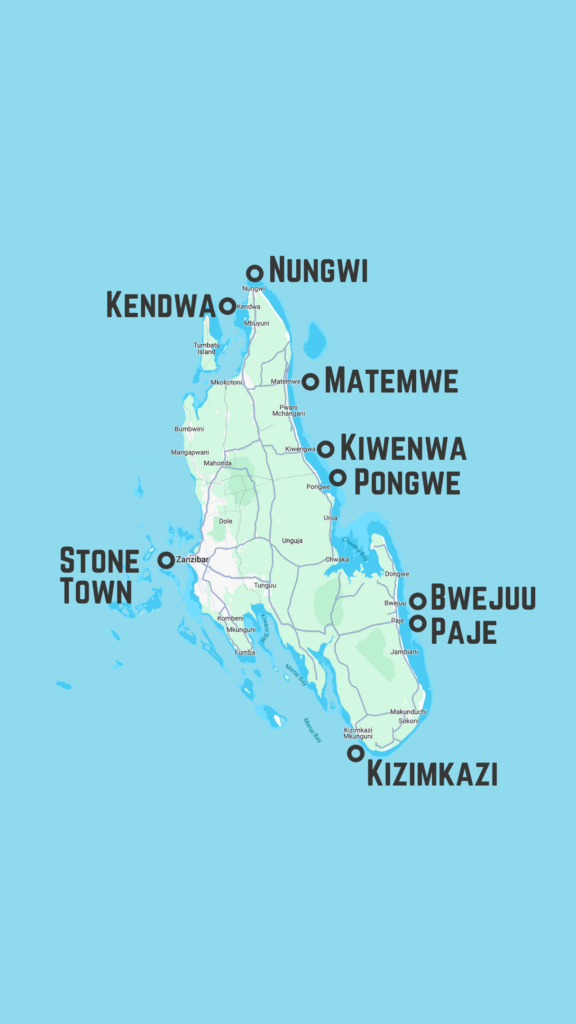
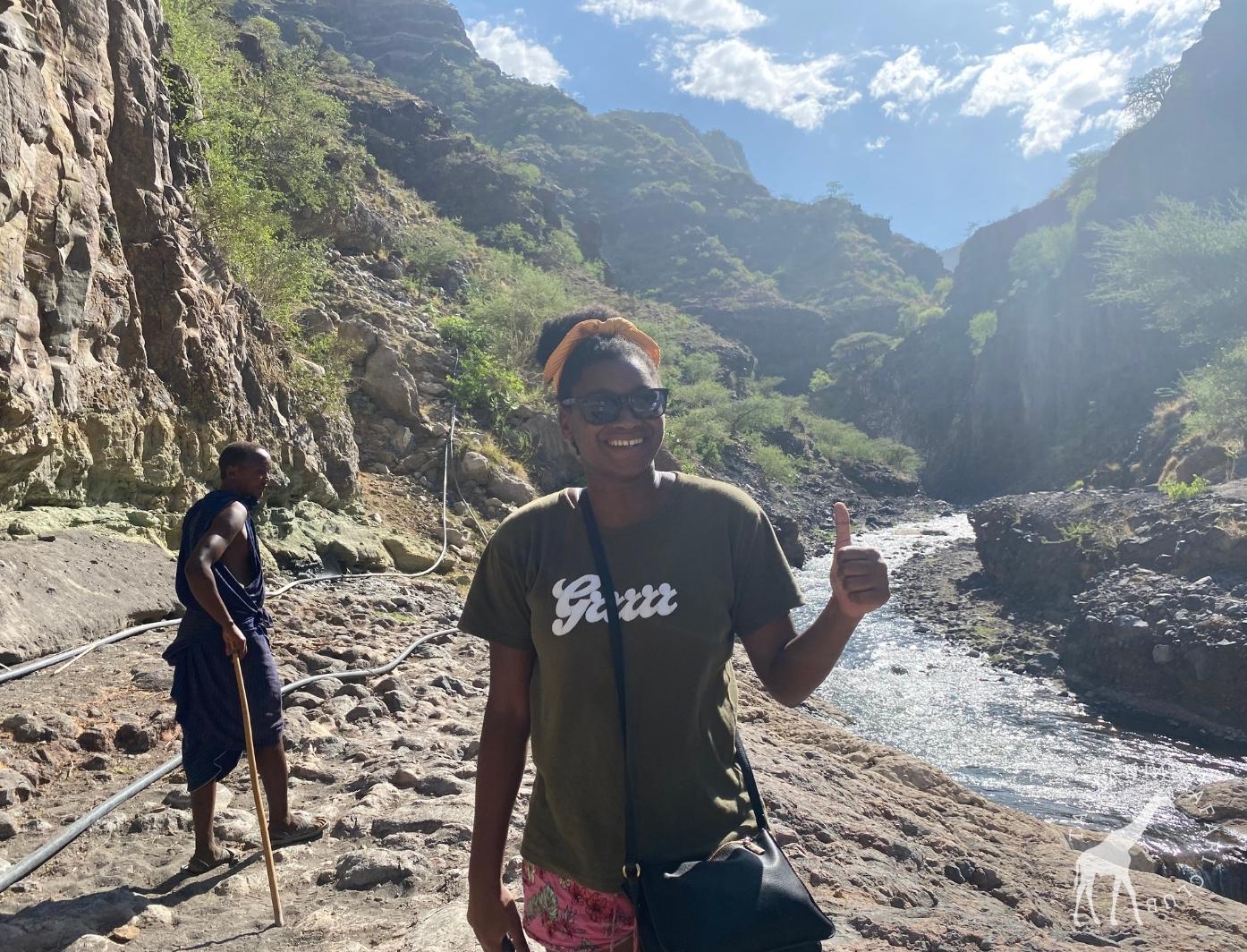
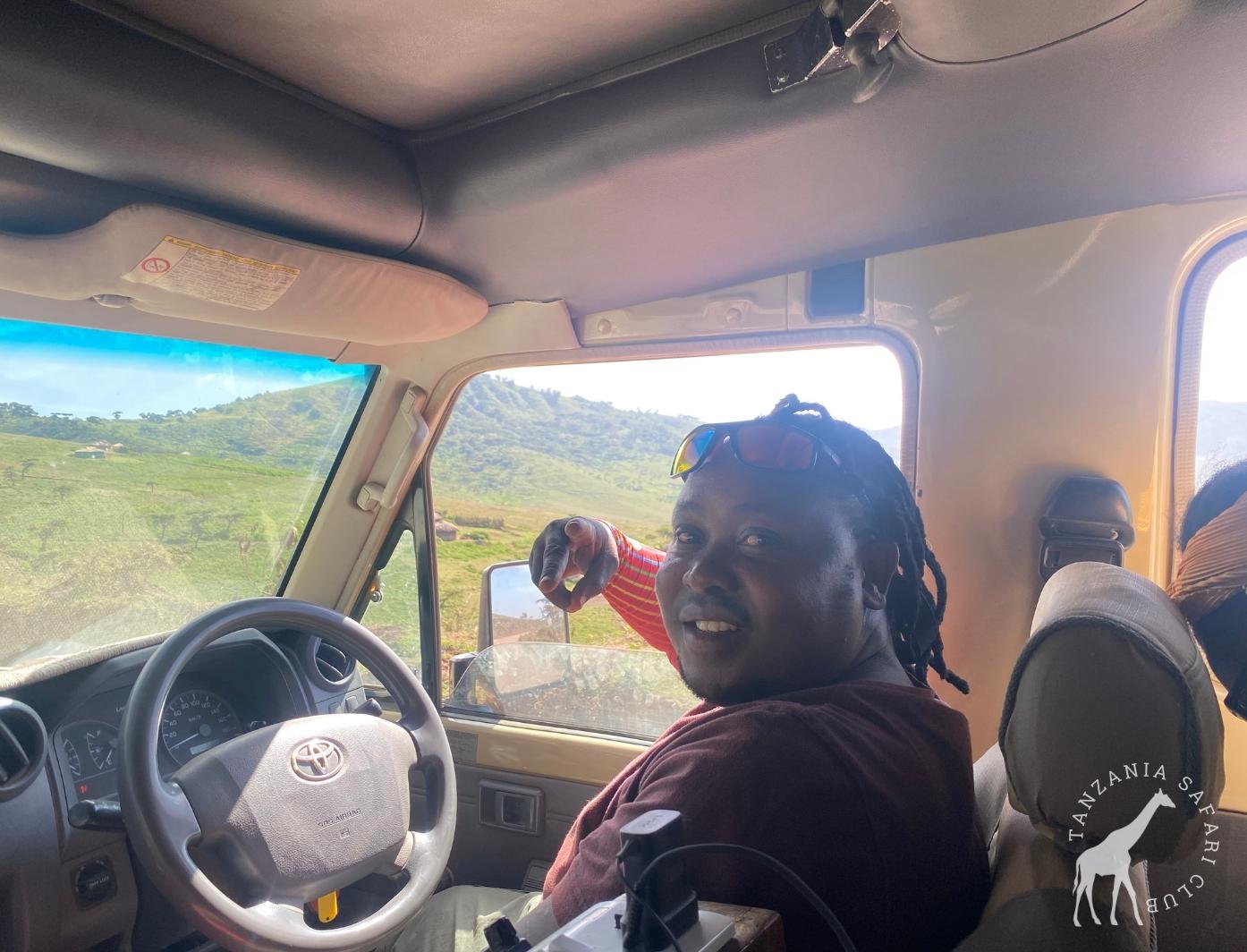
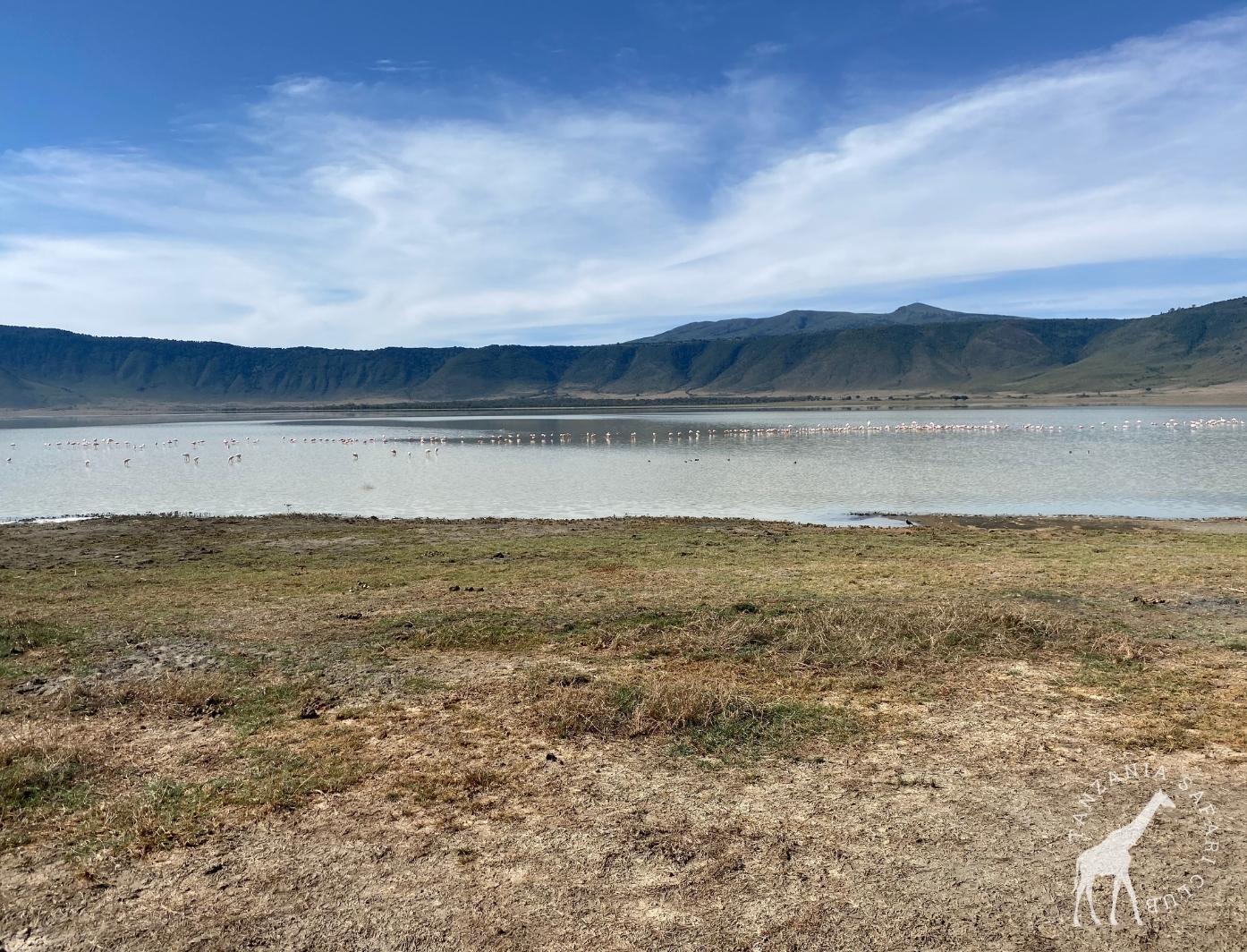
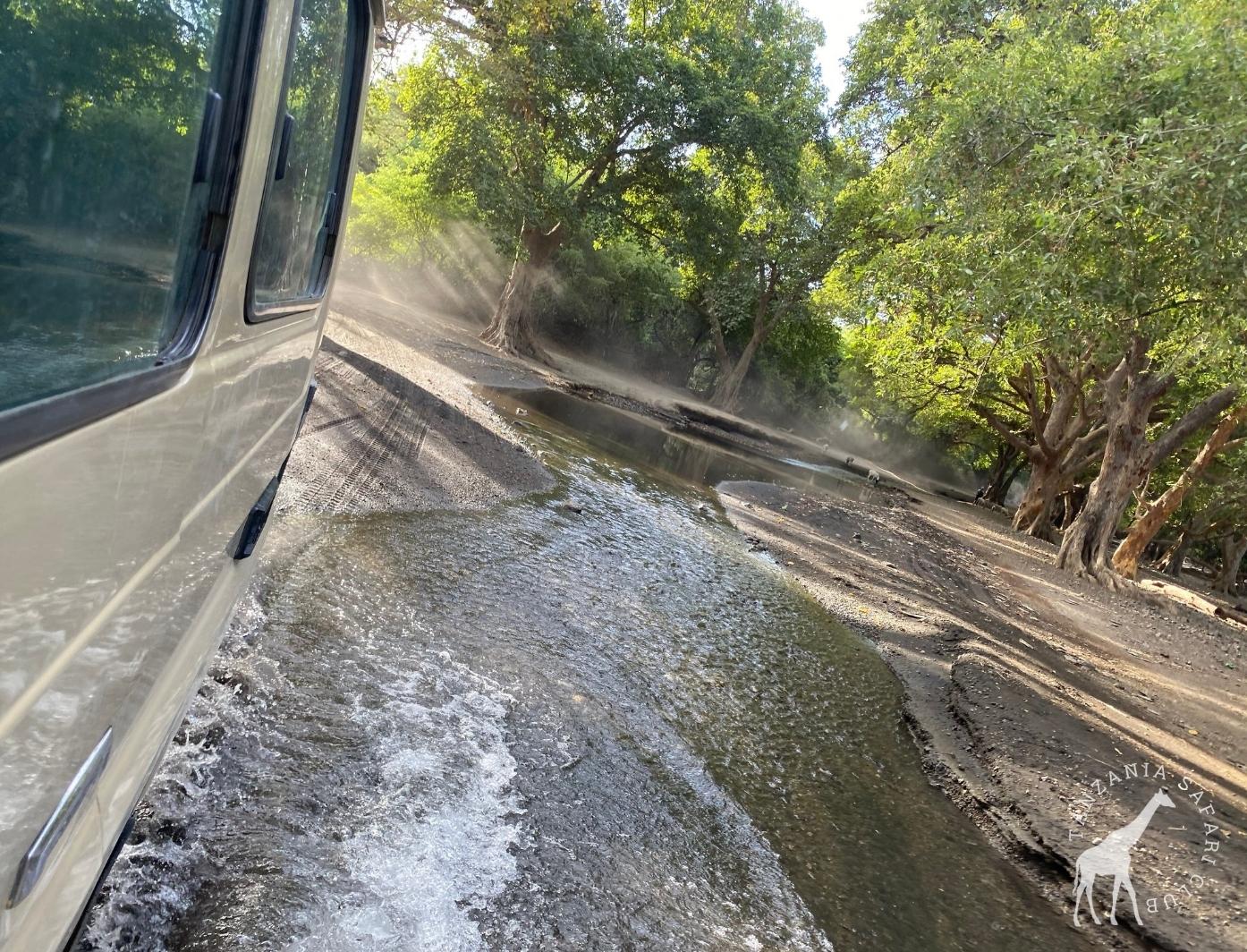
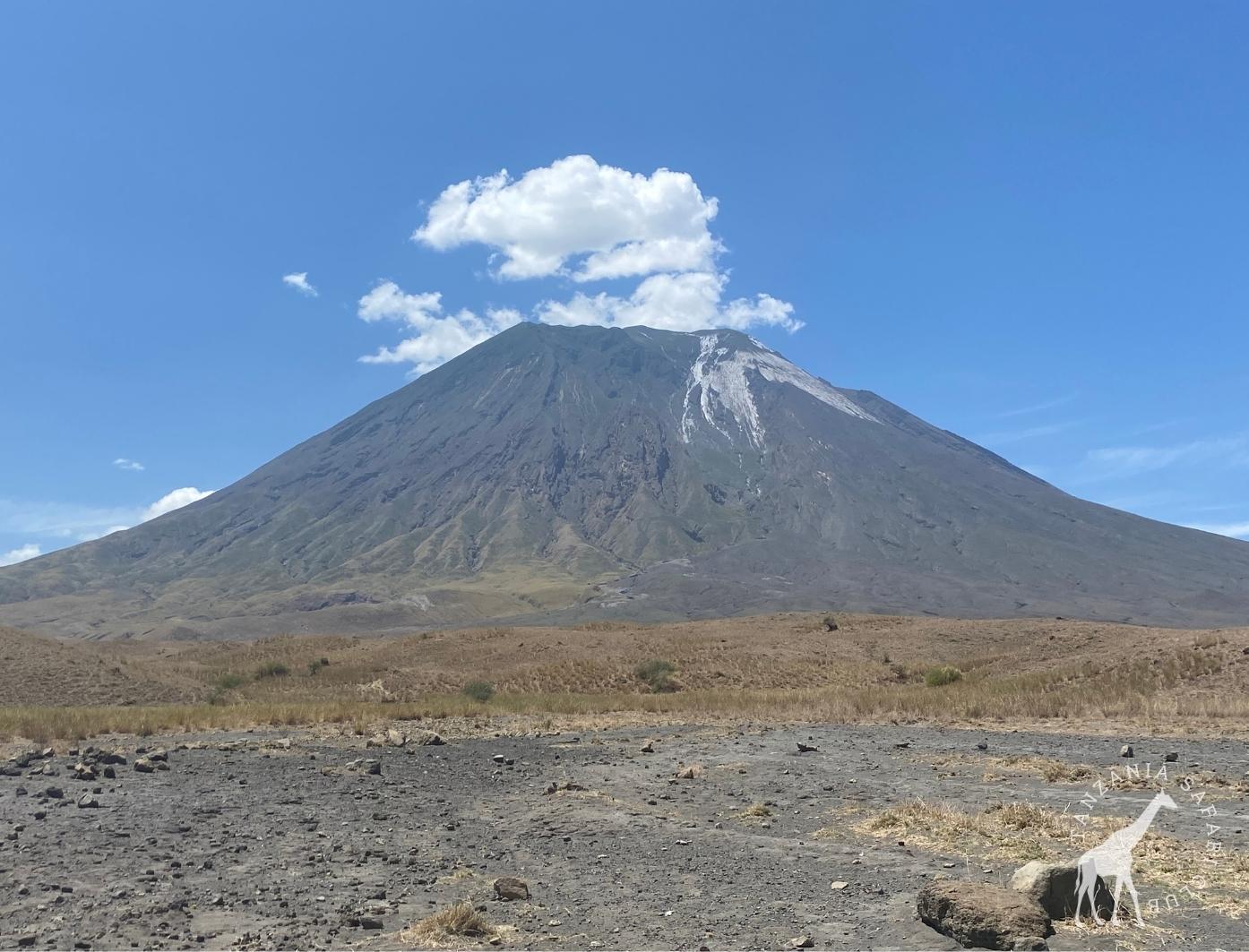
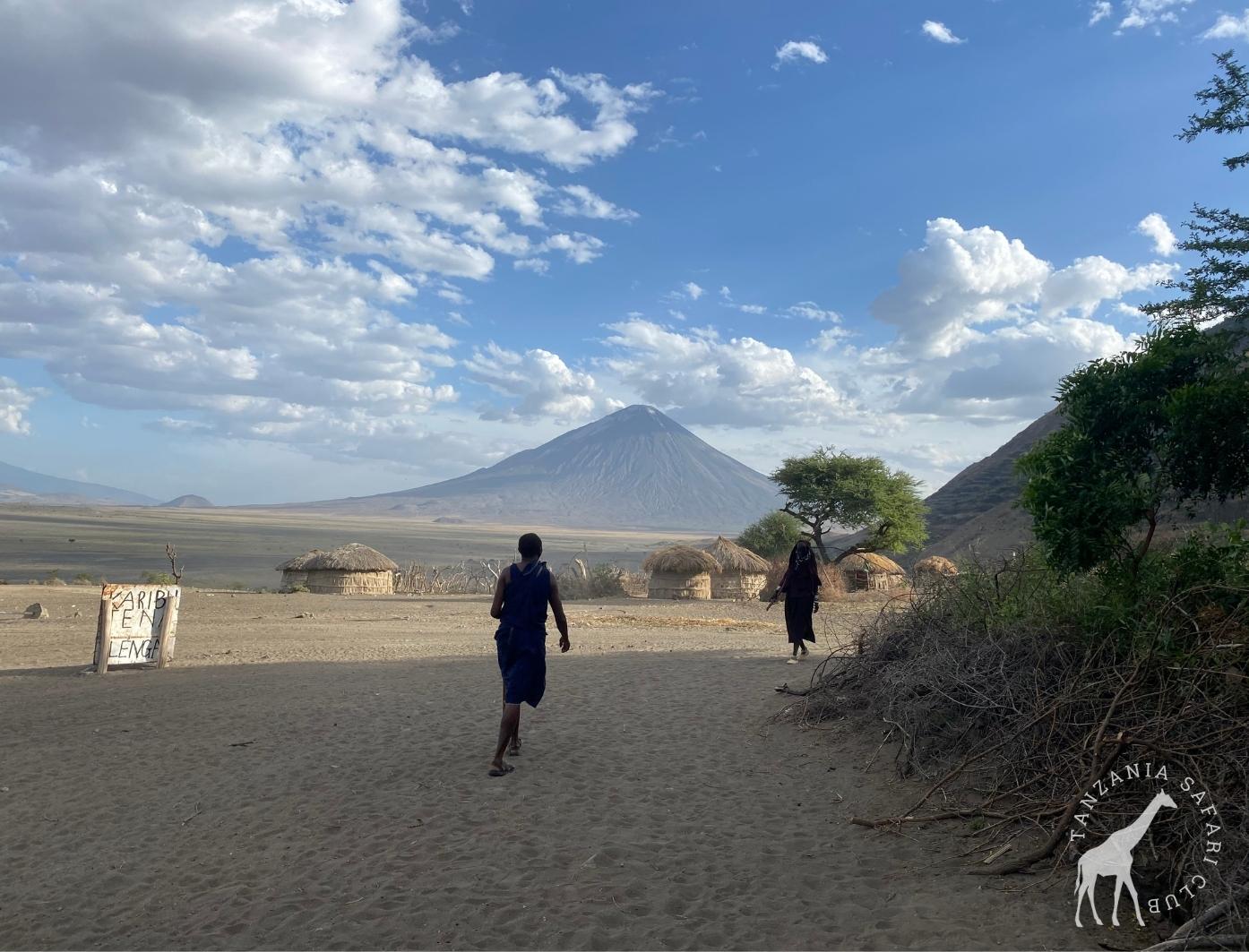
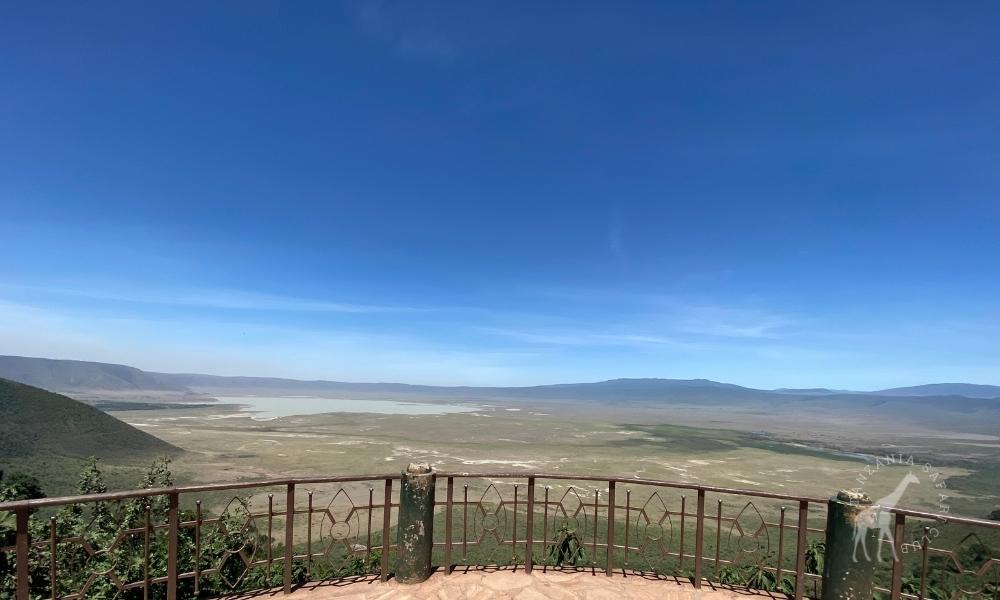
Stone Town
Stone Town is a once-in-a-lifetime destination on its own. Also known as Mji (city) Mkongwe (old), the city offers a rich historical heritage, vibrant culture & sublime beauty.
Rich history, culture & street food.
Stone Town is the main city on Unguja island and has been a significant training post along the East African trade routes. Years of travellers have left their mark on the city, and it is now one of the most culturally and historically rich locations on earth. You could spend years here, and still learn something new.
Old town & Zanzibar Doors
For hundreds of years, Stone Town has been a keystone trading post for empires, and royalty alike. The passing cultures have left their marks, and none are more iconic than the famous Zanzibari Doors.
The tell a story about the island, the local cultural fractions and history of the city.

FAQ's
Over the years, we have collated some answers to the most commonly asked questions about Safari tours.
When is best to travel to Zanzibar?
The best time to visit Zanzibar is during the dry seasons, from June to October and December to February.
Do I need a visa to visit Zanzibar from the UK?
Yes, all travellers from the UK will require a visa to enter Zanzibar.
Usually, a visa can be purchased at the airport upon arrival, and is an easy process. However, often the queues can be long and at peak busy times, there could be a very long wait.
The UK consulate of Tanzania has an online service where you can apply for the visa digitally from the UK. The application is quick and takes a few days to be completed.
Apply for a visa here: services.immigration.go.tz
Which vaccinations do I require?
Before traveling, you should visit your local travel clinic who will have the most up to date vaccination information.
Generally, the recommended vaccinations for Zanzibar are:
- Hepatitis A and B
- Typhoid,
- Rabies
- Diphtheria
- Yellow Fever
*NB: Usually, you’ll not be required to have a yellow fever vaccination if you are traveling directly to Tanzania from the UK, however, if you are traveling from a Yellow Fever Zone, you must have the vaccination to be allowed to enter Tanzania.
Is a Safari in Tanzania Safe?
Yes! Safaris in Tanzania are generally safe so long as you follow the guidelines provided by the guide. Let’s not hide from the fact that we are venturing into the wilderness.
Stick to designated areas, do not approach wildlife too closely, and avoid wandering off alone – especially at night.
The guides and Safari community in Tanzania are extremely proud of their country and the experiences they provide, and hate to see anybody have a bad experience. It means that crime is fairly rare, and if you are in trouble, there will be people to help!
What is the average cost of a Safari in Tanzania?
The issue with trying to give an ‘estimate’ is that there are so many moving parts to costing. Generally, the quote is given just before booking to ensure that all of the factors are calculated properly.
The price can vary significantly, depending on accommodation type, time of year, taxes and activities. A good rule of thumb, is that a safari holiday will cost roughly £400 per day, however, if you’re like a more accurate price, you can register your interest with us and we will show you more!
